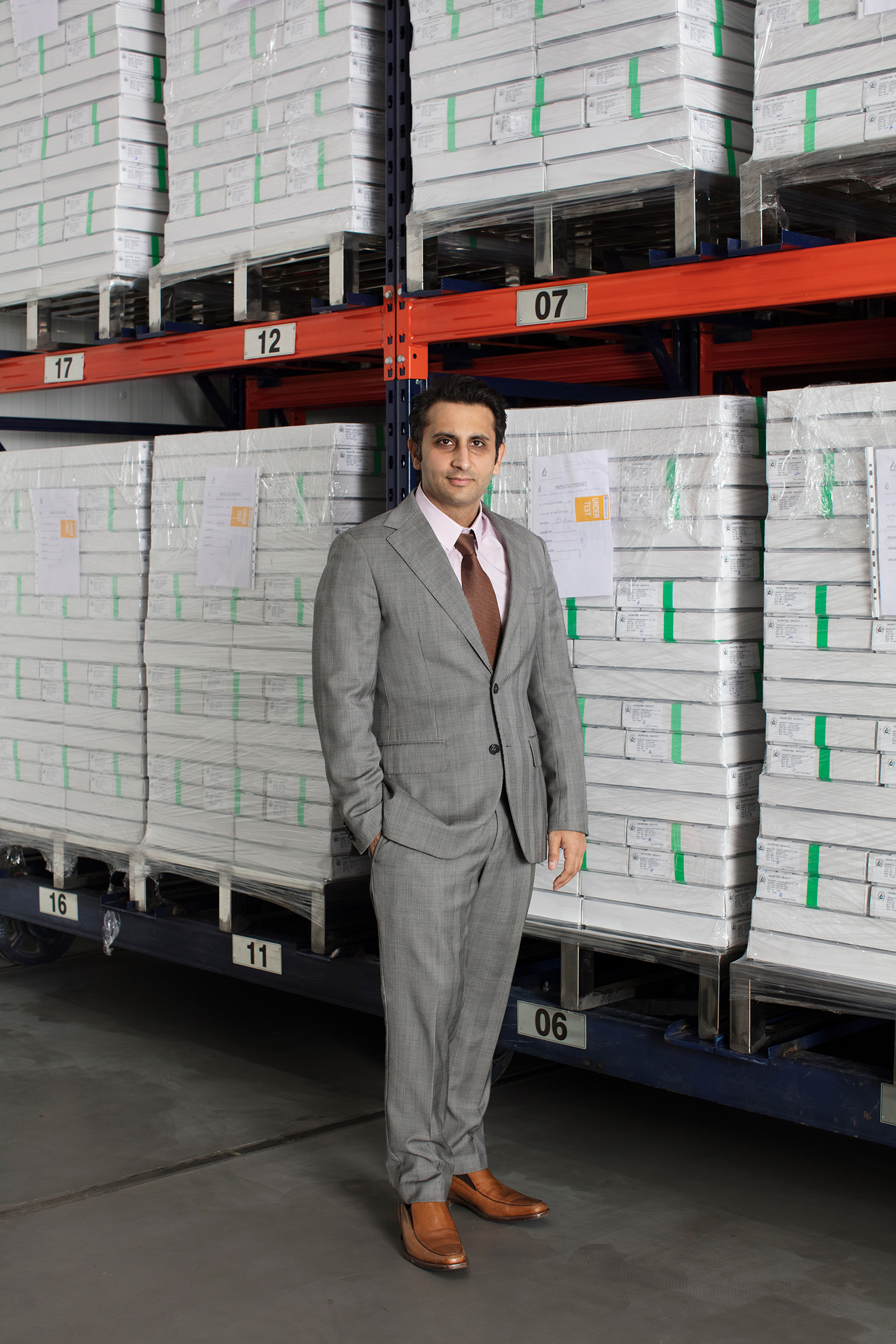From the beginning of the pandemic, Adar Poonawalla sought to meet the moment. His company, the Serum Institute of India, was already the world’s largest vaccine maker when he promised 1.1 billion doses of COVID-19 vaccines for the developing world by the end of 2021. That assurance was the backbone of the plan for global vaccine access mounted by a coalition of institutions, including the World Health Organization. Poonawalla told me in March he didn’t want to “have regrets when history judges my actions.”
But over the course of this year, a series of issues—a fire at his plant in Pune, India; trouble securing necessary raw materials; and a vaccine export ban amid India’s second wave of COVID-19—slowed his ambitions, and left many countries scrambling to find other sources of the vaccines.
The pandemic is not over yet, and Poonawalla could still help end it. Vaccine inequality is stark, and delayed immunization in one part of the world can have global consequences—including the risk of more dangerous variants emerging. Meanwhile, the Serum Institute has almost doubled production of COVID-19 vaccines since May and is adding newer vaccines—including Novavax and Russia’s Sputnik V—to its portfolio in the coming months. Whether Poonawalla can right the ship this time will determine which side of history he falls on—and, more importantly, how quickly the world emerges from the pandemic.
Kidangoor is a TIME producer
- The 100 Most Influential People of 2024
- Coco Gauff Is Playing for Herself Now
- Scenes From Pro-Palestinian Encampments Across U.S. Universities
- 6 Compliments That Land Every Time
- If You're Dating Right Now, You're Brave: Column
- The AI That Could Heal a Divided Internet
- Fallout Is a Brilliant Model for the Future of Video Game Adaptations
- Want Weekly Recs on What to Watch, Read, and More? Sign Up for Worth Your Time
